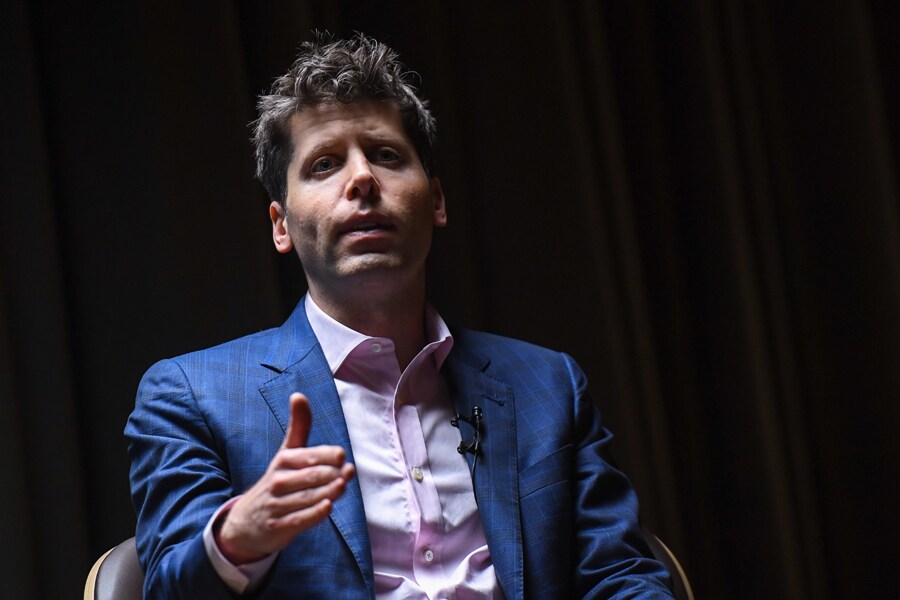
Morning Buzz: From OpenAI's Sam Altman on regulating AI, to air fares, impact of TCS's back-to-office mandate, and more
Here are the top business headlines this morning, to get your day started
 Sam Altman, chief executive officer of OpenAI
Photo credits: Chris J. Ratcliffe/Bloomberg via Getty Images
Sam Altman, chief executive officer of OpenAI
Photo credits: Chris J. Ratcliffe/Bloomberg via Getty Images
Regulate less to allow AI to flourish
In a conversation with the Economic Times, Sam Altman, the CEO of OpenAI, has called for smaller companies to be regulated less in order for AI to flourish. At the same time, he is cognisant of the dangers of the technology and said that large companies could be regulated. India has truly embraced ChatGPT and he said that on account of any new technology, it is inevitable that job changes take place. He refused to speculate on when GPT 5 could be launched and sees cheap energy as important to improving the quality of life worldwide. (Economic Times)
FMCG brands use AI to spot consumer trends
From launching onion-based hair oil to a Korean-flavoured mealpot, consumer companies are increasingly using AI to pick up on customer preferences. This is done through mining search terms as well as picking up on unstructured data like social media chatter. Once picked up, companies work on prototypes through 3D printing and eventually launch the products in small batches. Scale-up is based on customer acceptance.
X





